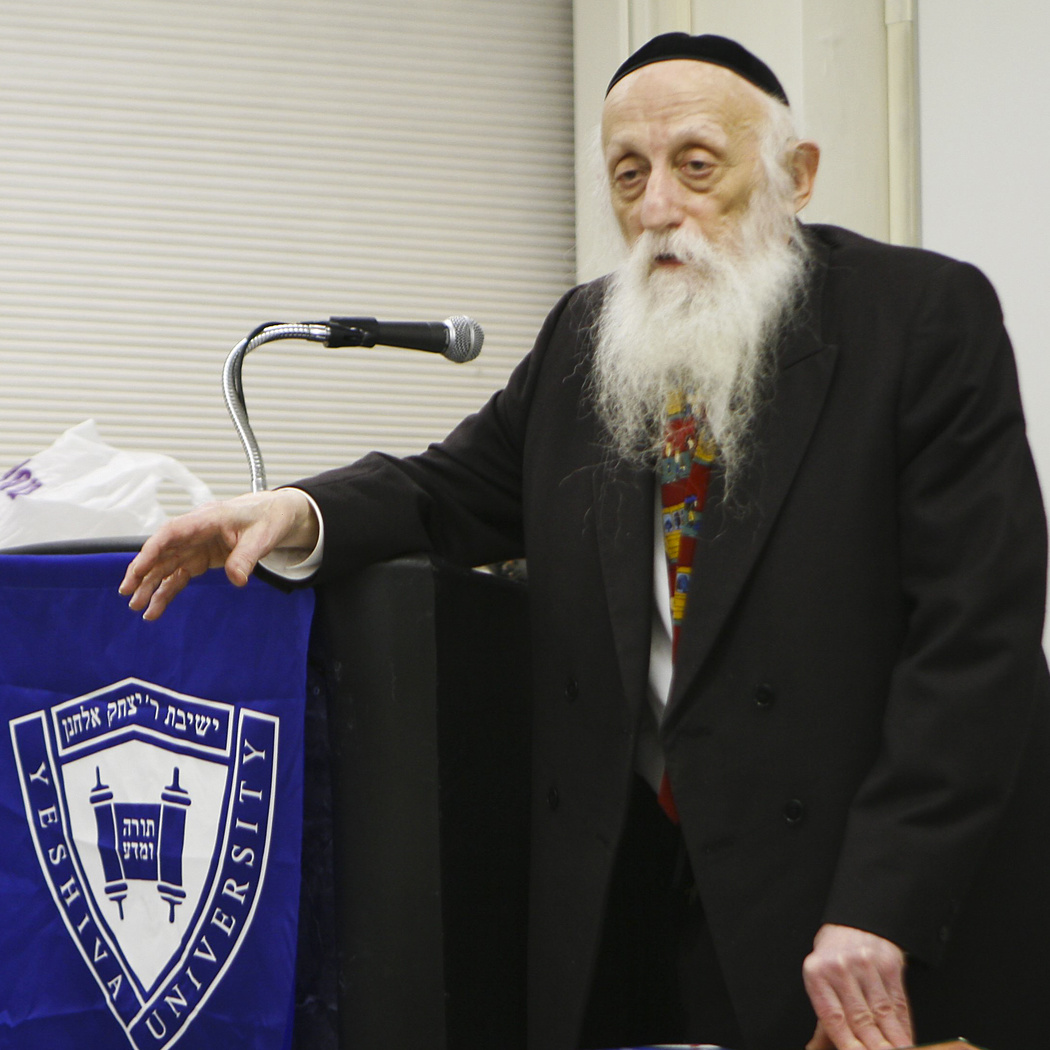We received this email from a young man. Would the Rav be willing to address his belief that stopping is impossible?
Dear Rabbi Twerski,
I am a twenty-two-year-old single guy. I have battled in the
area of lust for years and years (I actually can’t remember not having this yetzer hara). You have no idea how much I wanted to stop. I took my very expensive cell phone and threw it in the trashcan. But the Internet was still unavoidable.
I used to have bitter, bitter nights when I would cry myself to sleep. I installed a filter on my PC, but it was useless; when I was in the grip of desire, I would even reformat my PC to gain access.
After a lot of thinking and honesty, I realized that medically speaking, it is not really possible to stop if you are not married. I had to completely change my attitude. I no longer believe that I (and a lot of other people) can stop committing aveiros. For years I believed I could stop — do you have any idea how much pain and suffering that belief caused me? I believe that this belief was one of the main causes for my addiction to inappro- priate material (although I admit that there probably are a lot of other reasons).
Rabbi Twerski Responds
Contrary to logic, marriage does not help this addiction, and continuing to commit aveiros after the marriage can ruin it.
His conviction that he cannot overcome the addiction is the addiction talking to him, saying, “Give up the fight, it’s useless. You’ll never succeed, so why put yourself through the misery?”
Other than try to stop and pray, etc., what has this young man done to make essential changes in his character? That’s where one should begin.
I attended an AA meeting where the speaker was celebrating his twentieth year of sobriety. He began by saying, “The man I once was drank. And the man I once was will drink again” (i.e., “The man I am today will not”). Alcoholics who have not had a drink for many years but have not overhauled their character are “dry drunks” and will often drink again. The same is true for all types of addiction.
How does one become a different person? By working dili- gently on improving one’s character traits. Learning how to manage anger, to rid oneself of resentment, to overcome hate, to be humble, to be considerate of others, to be absolutely honest in all one’s affairs, to admit being wrong, to overcome envy, to be diligent, and to overcome procrastination. In short, one should
take Orchos Tzaddikim (I’m sure it’s available in English), and go down the list of character traits, strengthening the good ones and trying to eliminate the bad ones. This does not happen quickly.
When one has transformed one’s character and has become a different person, one will find that this “new person” can accom- plish things that the old person could not.

